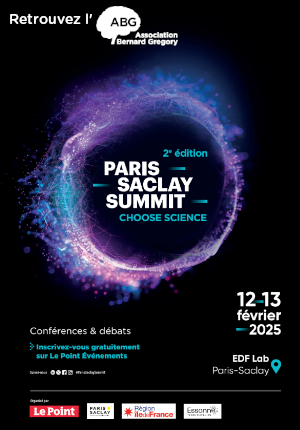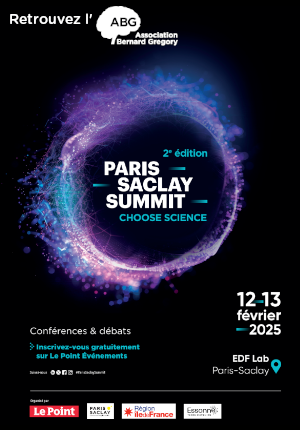Studies of ammonia decomposition for pressurized hydrogen production in reactors based on proton-conducting ceramic membranes
| ABG-127876 | Thesis topic | |
| 2025-01-13 | Public funding alone (i.e. government, region, European, international organization research grant) |

- Chemistry
- Energy
- Materials science
Topic description
Background :
Hydrogen technologies are set to play a key role in the energy transition. This transition requires rapid development of water electrolysis to produce low-carbon H2 for cross-sector industries such as steel and chemicals, e-fuel production (e-kerosene, e-methanol, etc.) and to support H2 grid supply. Unfortunately, their deployment remains slow and insufficient. One of the challenges slowing down this deployment is the difficulty in storing and transporting H2. In this project, we aim to use ammonia as a practical vector for transporting hydrogen. Indeed, there is already a global infrastructure for transporting and storing NH3, as the molecule is used to synthesize fertilizers for agriculture. The overall objective of this project is to convert transported ammonia into hydrogen using a unique proton ceramic reactor integrating the steps of NH3 decomposition and H2 purification/compression. In this context, this PhD thesis project is particularly focused on the study of the decomposition reaction of NH3 into H2 and N2, and the electrocatalytic mechanisms involved in this decomposition. With this knowledge, the student will then be able to propose new catalysts for their integration into the electrochemical reactor.
Starting date
Funding category
Funding further details
Presentation of host institution and host laboratory
Research environment and resources:
The project will be done at the Institute of Materials of Nantes Jean Rouxel (IMN) in the Electrochemical Energy Storage and Transformations Team (ST2E). The ST2E team has extensive experience in the field of ceramic materials for solid oxide battery and electrolyzer applications operating at high temperatures (SOFC, PCFC). The electrocatalytic properties of the materials considered will be measured using a new technique set up at the IMN combining chemical (mass spectrometry) and electrical (4-point conductivity) measurements. This thesis is part of a Franco-German project in collaboration with the universities of Poitiers, Belfort, and Montpellier in France, and Karlsruhe, EIFER and the DLR center in Stuttgart in Germany. Visits to partner laboratories and regular meetings are planned during the thesis.
Website :
PhD title
Country where you obtained your PhD
Institution awarding doctoral degree
Graduate school
Candidate's profile
Candidate profile :
The ideal candidate must have a strong scientific interest in fundamental studies and a desire to develop expertise in solid state chemistry and electrocatalysis. Graduate from a master degree program or equivalent, the candidate should have trainings in ceramic materials synthesis (solid state reaction, Pechini, soft chemistry), characterizations (chemical analysis, X-ray diffraction, spectroscopy and microscopy), and electrochemical characterizations (electrical conductivity measurements, impedance spectroscopy). He/She will take part in research activities of the team and will have the opportunity to present their work in national and international conferences
Vous avez déjà un compte ?
Nouvel utilisateur ?
Get ABG’s monthly newsletters including news, job offers, grants & fellowships and a selection of relevant events…
Discover our members
 Institut Sup'biotech de Paris
Institut Sup'biotech de Paris  ONERA - The French Aerospace Lab
ONERA - The French Aerospace Lab  SUEZ
SUEZ  MabDesign
MabDesign  Nokia Bell Labs France
Nokia Bell Labs France  CESI
CESI  CASDEN
CASDEN  ADEME
ADEME  ANRT
ANRT  Généthon
Généthon  TotalEnergies
TotalEnergies  MabDesign
MabDesign  Institut de Radioprotection et de Sureté Nucléaire - IRSN - Siège
Institut de Radioprotection et de Sureté Nucléaire - IRSN - Siège  Ifremer
Ifremer  PhDOOC
PhDOOC  Aérocentre, Pôle d'excellence régional
Aérocentre, Pôle d'excellence régional  Laboratoire National de Métrologie et d'Essais - LNE
Laboratoire National de Métrologie et d'Essais - LNE  Tecknowmetrix
Tecknowmetrix  Groupe AFNOR - Association française de normalisation
Groupe AFNOR - Association française de normalisation






